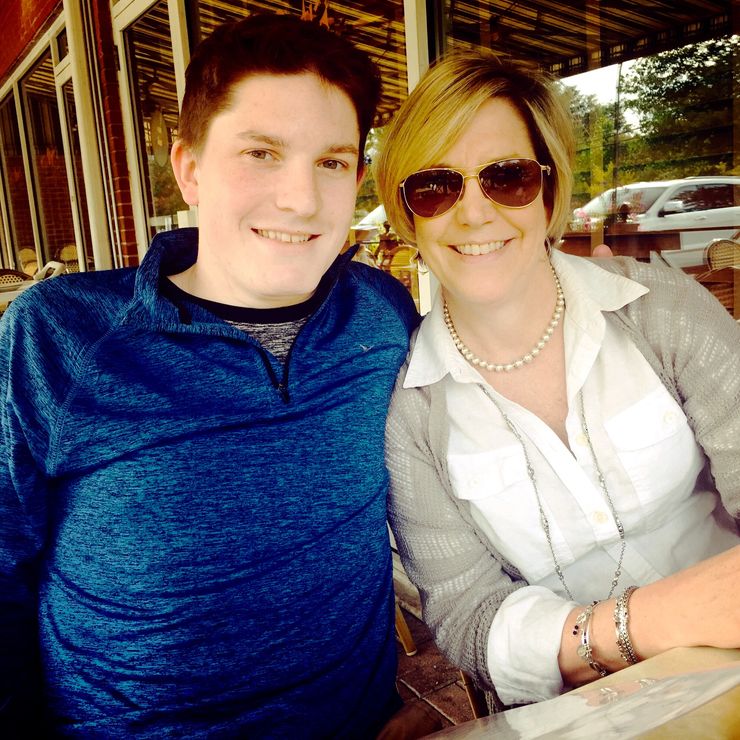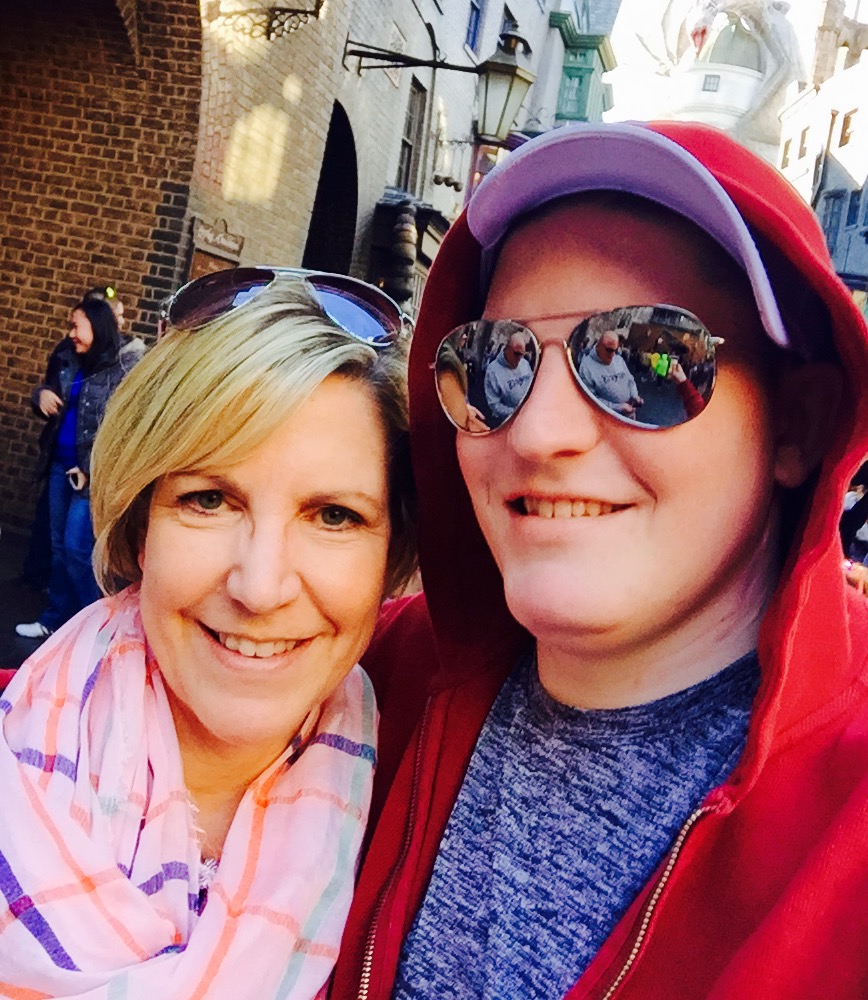
Founder & Manager Director
I lost my son Connor to suicide. He was 25 years old. Losing him and grieving his loss has been the biggest challenge I’ve ever faced in my 60 plus years on this earth. Losing a child is one of, if not THE biggest tragedies a person can face. Losing a child to suicide can make that tragedy and the journey towards healing even more complex. It brings a unique set of emotional and psychological struggles. Among these, the “What if” and “Should have” questions can be particularly tormenting. These questions come up as we search for understanding and desire to rewrite the past. Here are some compassionate strategies that I have learned over the years to help me navigate through these painful reflections.
Understanding the Nature of “What If” and “Should Have” Questions

Strategies for Coping
I have personal experiences with both professional help and support groups, and all were vital to my healing journey. I now have lifelong friends from my support group. We continue to support each other through our grief but also experience the joy that comes from friends with shared experiences.
No matter where you are on your healing journey, remember that there are many ways to find professional help and support groups. We have several options listed on our resource page to assist you.
I will admit that prayer was very difficult for me in the beginning. I learned to be honest with my feelings and more accepting of where I was in the moment. God spoke to me in these intimate spaces and I’m forever grateful.



Turning Pain into Purpose
Engage in activities that promote mental health awareness and suicide prevention. Turning your pain into a purpose can be profoundly healing.
Within the first year of losing Connor, my daughter Emily and I had an opportunity with a local nonprofit called Shatterproof. We repelled down a tall building in Hartford, CT to raise awareness for Substance Abuse which was something Connor struggled with in his life. We made posters with Connor’s name and picture for family members to use as encouragement for us as we faced the fear of repelling. It was very rewarding for us to do something positive in his memory.
As you get further down the road in your grief journey, the opportunity to help others who are struggling can provide a sense of meaning and connection.
It’s impossible to consider personal growth as something to be gained immediately after the loss of someone you love to suicide. It takes time so be gentle with yourself. However, after some time and with the right support, you may find that using this painful experience as an opportunity for personal growth is beneficial. Perhaps you can seek to understand more about mental health, resilience and compassion. One thing we can all do is honor our loved one’s memory by living a life filled with love and kindness. We can create a legacy that reflects the positive aspects of their life.
Our family started the nonprofit Honor Connor in 2021 to create a legacy in Connor’s memory and to help support those that are struggling with suicide loss. Join one of our Hold Onto Hope mental health education programs to learn more about how you can break down the stigma associated with suicide loss and support yourself and others. Our Hold Onto Hope webinar is a free educational resource available the first Thursday of each month. All are welcome to attend.
The journey of grieving a loved one lost to suicide is deeply personal and uniquely challenging. The “What if” and “Should have” questions can be overwhelming, but with time, self-compassion and support, you can find a way to live with them and eventually find hope. This journey demands your intention. It’s important to seek help and to take your time in this healing process. Your loved one’s memory can become a source of strength and love. You are not alone. There is hope as you navigate this journey from the darkest moments towards a place of understanding and acceptance.
I waited with great anticipation for you
And then waited for the day you arrived
I waited as you learned to call me Mom
And waited and watched as you thrived.
I waited for you on the first day of school
I waited thru homework, projects and tests
I waited through soccer, skating and baseball
I waited for you and your friends
I waited for you to have your first kiss
I waited for you to date
I waited for you to drive a car
I waited to watch you graduate
I waited while you found your passion
I waited and watched you serve
I waited to see you in action
I waited with patience and love
I waited for you when you stayed out late
I waited, prayed and worried
I waited through years of anxiety, depression and substance abuse
I waited and cried and got angry
I waited through biopsies, PET scans and surgeries
I waited in hospitals, clinics, waiting rooms and living rooms
But the hardest thing Connor – I will ever do
Is waiting this time…. to see you.
Dealing with the loss of a loved one to suicide is complicated. We’re here help start the conversation & stop the stigma.
SAMHSA’s National Helpline: 1-800-662-HELP (4357)
Mental Health America: www.mhanational.org